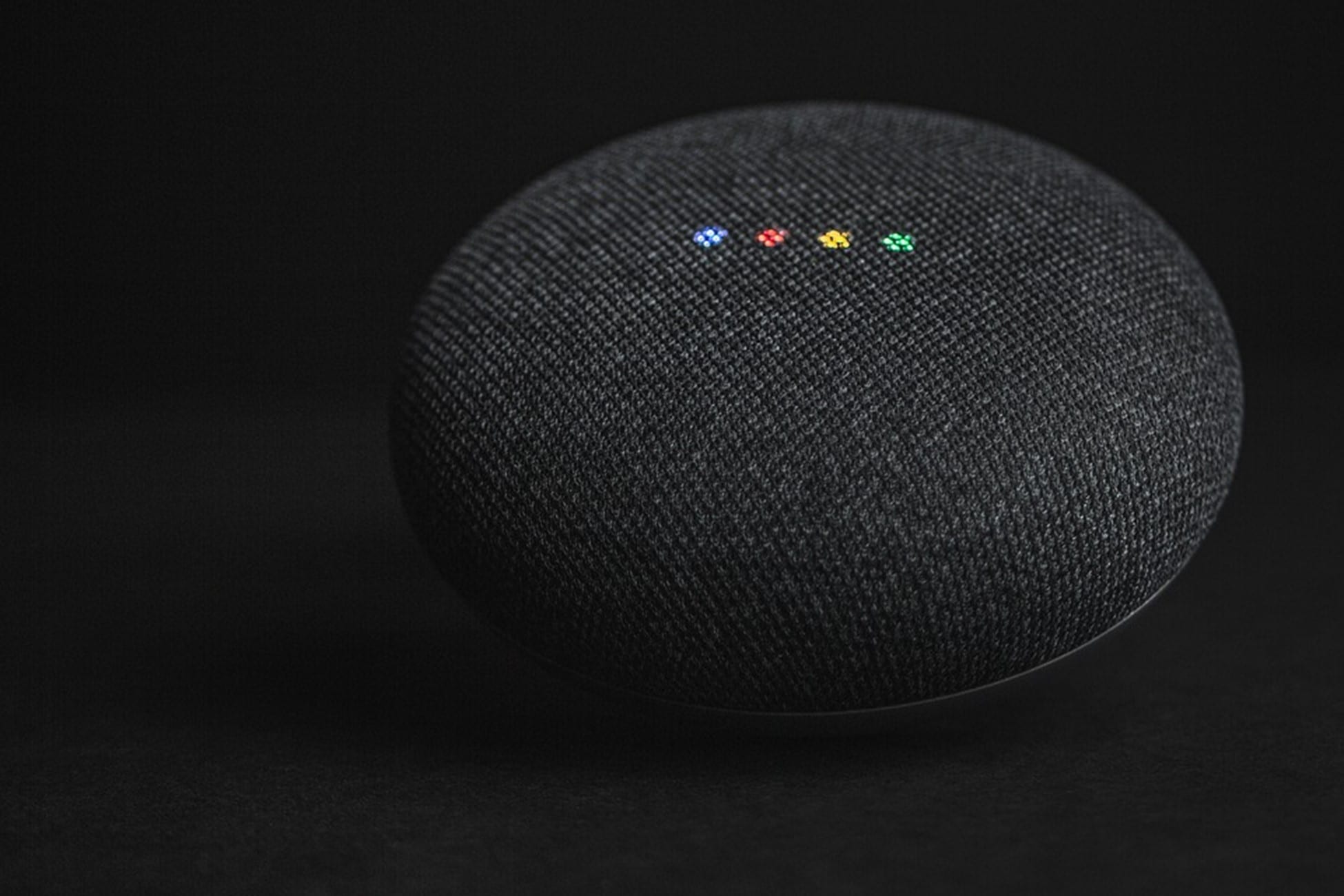How Voice Search Will Change SEO



The proliferation of voice assistants on smartphones, tablets, and smart wearables has amplified voice search requests. Nearly 50% of all searches are on track to be voice-based in 2020, which is bound to trigger a huge change in SEO.
Voice search is already having a significant impact on how search algorithms work. The obvious effects will include longer keywords and more conversational queries.
All in all, voice search SEO will become the norm in the future.
The more exploitable changes in the search algorithm will relate to the more immediate. People will be more concerned with what they can find locally and what is available right now. This will range from restaurants to clothing stores to grocery stores.
Not only that, but people will also use voice search to navigate their entire lives, from their commute to work to their haircut appointments. These circumstances show that voice search will come to dominate search as a whole in the future. As a result, voice search SEO will come to dominate SEO.
Voice Search Marketing Will Dominate Local Queries
Nearly 22% of all voice search queries are inclined towards location-based content. These queries can relate to a movie you want to see, a restaurant you want to eat at, etc. Hence, businesses will have to adapt to this to ensure regular web traffic and thus, regular foot traffic and conversions.
Investing in “near me” searches and location-based keywords and landing pages will become very common. They will most notably impact local, small businesses that lack international or even national recognition. New businesses will profit from voice search favouring them over other, more prominent businesses to the local consumer.
Device-Based Voice Search will Drive SEO
Despite the coronavirus pandemic, the sales of smart speakers have grown around the world in Q1 2020. That means more people will be using Amazon Echos, Google Homes and Apple HomePodsto search the internet.
Hence, what will matter most to them is straightforward answers, which means that images and videos will become much less important for these devices than SEO-optimised text. Similarly, for search on smartphones, tablets, and voice speakers with screens, images and videos will matter.
At this point, SEO optimisation will split based on devices even more than it is today. SEO will be based on which device queries are coming from. More descriptive text answers will be needed for search originating from smart speakers. As millions more purchase smart speakers, this trend will only continue to be adopted by various businesses.
Conversational Queries Will Dominate SEO
As we grow more accustomed to talking to our devices, SEO will adopt more conversational tones. Deeper research into the phrases people use throughout the world will be conducted to boost SEO optimisation. Businesses will have to become more contemporary than ever before in their marketing strategies and slogans.
In conclusion, voice search will deeply impact SEO in the future. Not only will various subjects and topics be divided into further niches, but so will the smart devices.
Want to no more? Read our Blogs https://theseoplatform.co.uk/blog/can-you-search-with-your-voice/ and https://theseoplatform.co.uk/blog/all-you-need-to-know-about-voice-search/.






